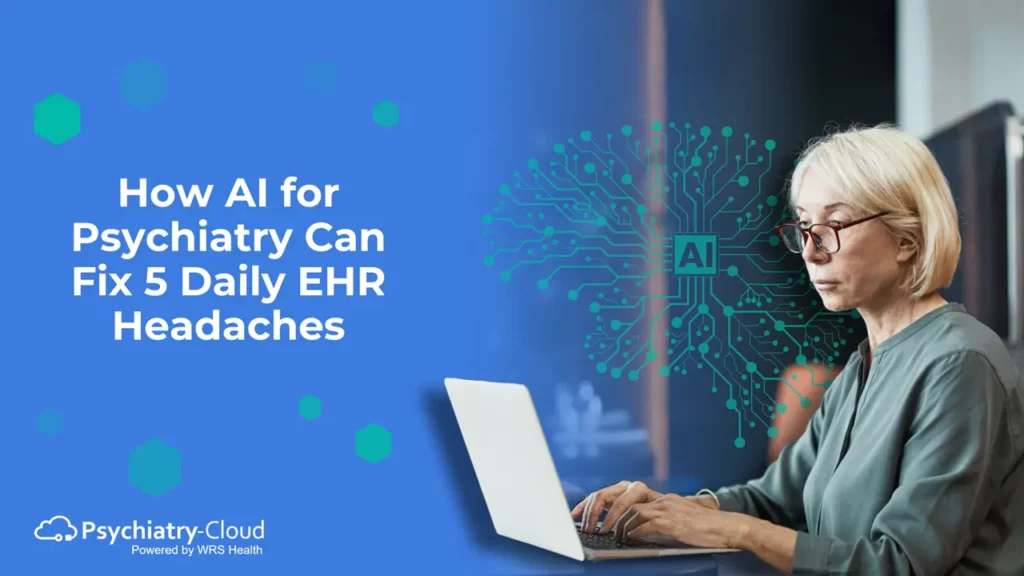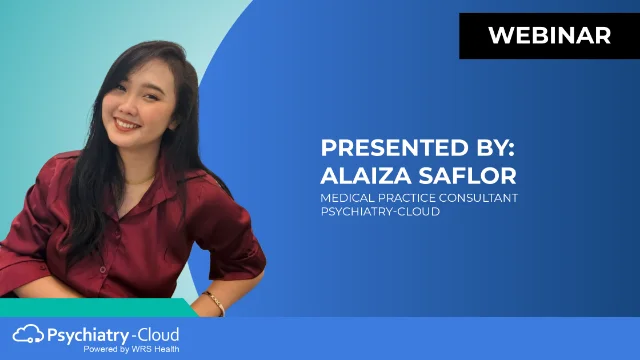Key Takeaways
- AI scribe for psychiatry helps reduce documentation burden and clinician fatigue.
- Intelligent chart summarization prevents missed details and diagnostic errors.
- Built-in billing alerts reduce coding errors and protect revenue
- Schedule a 1:1 with our team to learn about our AI features.
Table of Contents
1. Documentation That Keeps You After Hours
You spend 45 minutes with a patient—then another 20 writing the note. Multiply that by your caseload, and it’s easy to see why evenings disappear.
For psychiatrists, who often deal with long-form narratives and subtle diagnostic cues, charting isn’t just time-consuming—it’s draining. Providers who lack sufficient time for documentation are nearly 3x more likely to experience burnout.
AI for Psychiatry Notes That Write Themselves
2. Drowning in Patient History
The fact is that fragmented information can have real-world consequences on bottom-line costs: 45% of malpractice claims are due to misdiagnoses, with 10% attributed to medication errors. These pitfalls are only augmented by scattered records.
AI for Psychiatry That Surfaces What Matters
3. Coding Errors That Hurt Your Bottom Line
Psychiatric billing codes aren’t always straightforward. When documentation is incomplete or mismatched with CPT codes, you’re left with rejections, delays, and potential audits. According to one source, 32% of claim rejections relate to coding or documentation problems.
AI-Enabled Psychiatry Billing That Catches the Gaps

4. Wasted Time Searching for One Key Detail
Smarter Search With AI for Psychiatry
5. Missed Charges From a Packed Schedule
AI That Keeps Your Revenue on Track
That’s how AI for psychiatry protects your revenue without adding steps to your day.
Reimagine Your EHR With AI for Psychiatry
AI isn’t replacing psychiatrists—it’s supporting them. From generating clean notes to flagging missed charges, these tools are helping you reclaim time and reduce friction in every part of the visit.










